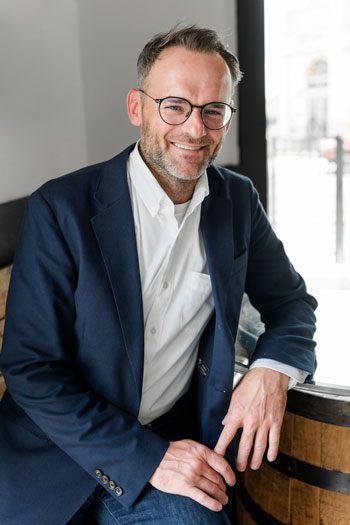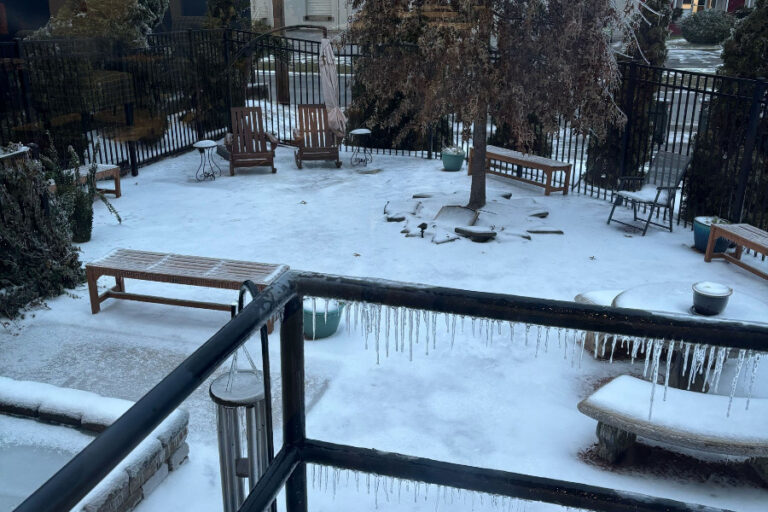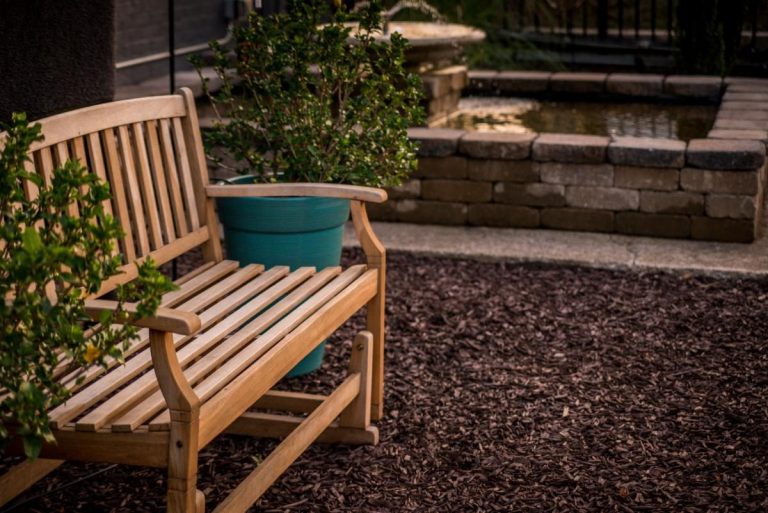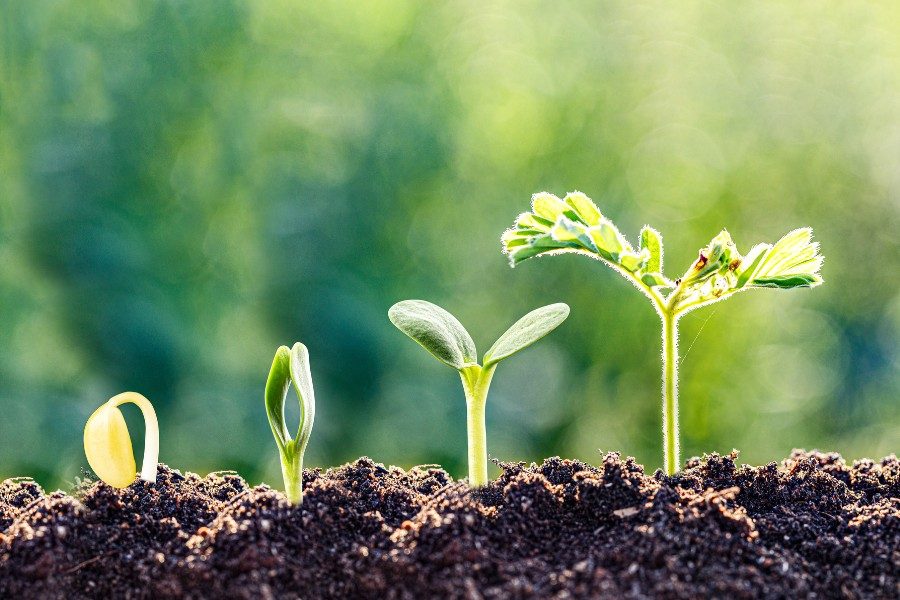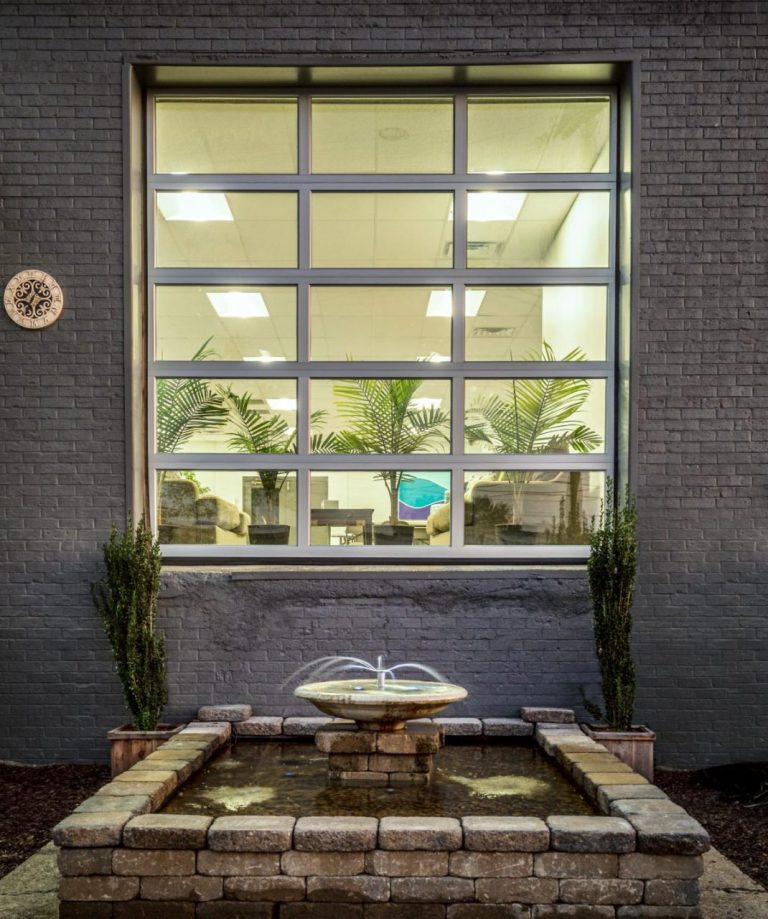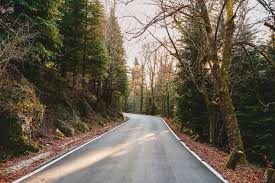Maybe it’s just me, but today’s state of affairs feels like a dumpster fire. The experience isn’t unique to 2025; I expect that people through the ages have felt this way. The earth and its civilization have always been beset with staggering challenges. It’s just that this colossal inferno is the one we happen to be experiencing.
For starters, our country and our world are deeply divided, distrustful, and disheartened. I am aware that good people have widely differing viewpoints, that the things that crush me may be ones that you celebrate, and vice versa. Such is the reality of debates, conflicts, even wars: people are pushing for their different positions. (I try to resist the temptation to get into those debates, which more often than not wind up only entrenching division. I’m simply acknowledging their reality.) Coming to terms with how others view things so differently is sometimes hardest of all.
I grieve for the vitriol, the accusations, the name-calling, the us-versus-them mentality, the power plays in our current political climate. Everyone loses in such a caustic environment, and the “greater good” that may be intended is lost in the smoldering wreckage of hurt feelings and pointless anger. What grieves me most is my fear that the Jesus of the gospels and the mission of the early church is being co-opted into something far from the teachings and behaviors of God’s Son.
A book that keeps coming to mind is one published in 2011 that was a prescient warning for our times: I Knew Jesus Before He Was a Christian . . . . And I Liked Him Better Then (Leafwood Publishers). It’s by Dr. Rubel Shelly, who is a Christian minister, teacher, theologian, and advocate for grace and truth – a dear friend extremely influential in my journey of healing. The book describes a revolutionary Jesus whose service and compassion changed the world, and Rubel details how Christian churches have fallen far short of that example. I believe the book is even more relevant in our current circumstances.
On a more personal level, for some (perhaps many?) the hottest dumpster fire has nothing to do with the state of politics, the country, or the world. It’s much more individual, more particular: job loss, a devastating diagnosis, divorce or other relationship challenges, exhausting caregiving, racism, discrimination in its many forms, active addiction or betrayal, financial issues, abandonment by those whose role is to protect and nurture, spiritual struggles, natural disasters, overwhelming grief, and on and on. A woman I dearly love buried her son this week after a sudden medical event. Some pain is overwhelmingly much too much.
For me, on many days the cumulative effect of all the chaos, hurt, and sorrow of the vast world and of individuals close to hand feels engulfing. Heartbreaking. Paralyzing.
 Against this backdrop, I frequently feel impotent, even hopeless. Prayer, meditation, even reading scripture has recently done little to lift my sense of despair. I began asking for the grace to stay in the present, to focus on what I could control, or at least influence that day. I begged for increased faith to trust that God was with the world and all those in it, for encouragement that good will prevail in the end.
Against this backdrop, I frequently feel impotent, even hopeless. Prayer, meditation, even reading scripture has recently done little to lift my sense of despair. I began asking for the grace to stay in the present, to focus on what I could control, or at least influence that day. I begged for increased faith to trust that God was with the world and all those in it, for encouragement that good will prevail in the end.
Then, as I walked up my driveway still pocked with dirty slush from a late winter storm, I was startled by the most mundane surprise, like God’s merciful splash of hope: lush green shoots from the budding daffodils in my half frozen, hardened flower beds – nature’s subversive resistance standing strong in beauty, in joy. Within a few days, the flower beds exploded into dozens of clumps of blooming buttercups, which I’ve scattered in vases around my home and have shared with others.
No one knows what life holds and how problems, even crises, may be resolved. (Or not, at least not in our lifetime or this side of heaven.) I realized anew that hope is a present construct – it blooms and grows in the now, encouraging in the present and promising what is to come.
In the whiplash of the world, hope pushes through. It’s waiting for chances to be noticed. Maybe hope even creates reasons for more hoping – we’re able to take small steps forward like increasing reps in physical therapy, or we witness some simple kindness or a courageous act like someone standing up to a bully or operating on principles, or we’re part of a group that comes together to help those in need. Perhaps hope spawns more hope.
 As Christians, we are called to push through the cold and caked dirt of the world and our circumstances. To reach higher in our healing, in our healthy interactions with others, in our love and service to the needy immigrant, the abused, to any form of the “other” among us. To use our voices to speak out against bigotry and the abuse of power and hatefulness. To build our character and integrity and love. These Jesus-inspired acts bring hope to others, and surprisingly, infuse us with hope, too, in the process.
As Christians, we are called to push through the cold and caked dirt of the world and our circumstances. To reach higher in our healing, in our healthy interactions with others, in our love and service to the needy immigrant, the abused, to any form of the “other” among us. To use our voices to speak out against bigotry and the abuse of power and hatefulness. To build our character and integrity and love. These Jesus-inspired acts bring hope to others, and surprisingly, infuse us with hope, too, in the process.
“For I know the plans I have for you, declares the Lord. Plans to prosper you and not to harm you, plans to give you hope and a future” (Jeremiah 29:11).
To wait for the eruption, the visible assurance of something positive, is to live in a sacred, liminal space of hope. Dare to believe that when the ground seems barren, hardened into brutal ruts, that life is teeming below the surface. Embrace that subversive act of resisting despair and find steady joy in what is visible around you.
Then share that hope with others.
Marnie C. Ferree
Founder, Bethesda Workshops

